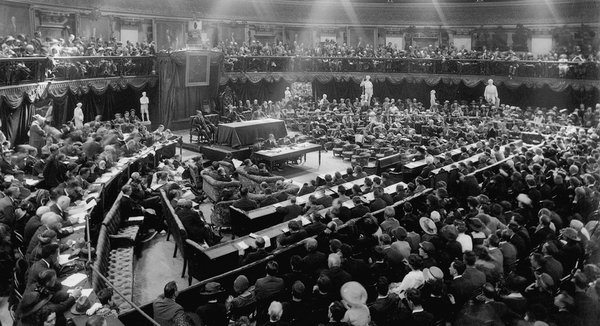Learning from Successful Democracy

Today marks exactly one hundred years of Irish democracy. Formed from democratically elected members, the first Dáil (parliament) met on January 21, 1919, in Dublin. It was a promising start, with a woman cabinet member and a Socialist-leaning “Democratic Programme”. But that act of defiance against the British Empire sparked off a war of independence, then fifty years as a conservative confessional state, then thirty years of low-grade guerrilla war to the north.
But the people remained solidly committed to democracy despite the poverty and political strife, and finally, in the last twenty years, Ireland has emerged as a wealthy liberal European nation.
Throughout one hundred years, one thing has been constant in Ireland: democracy.
Ireland took the democratic traditions of its ex-colonial power and made something even better. From the beginning, it had instant-runoff, multi-member electoral districts which resulted in proportional representation in the Dáil and a necessity to compromise and form coalitions. Regular referendums are the norm, and minority populist sentiments from the left and right are represented in the Dáil, giving a safety valve for political frustration, a safety valve that doesn't exist in the antiquated first-past-the-post electoral systems of Britain and the United States.
As Britain and the United States struggle with political breakdown, they might do better than look to Ireland as a model of democracy.